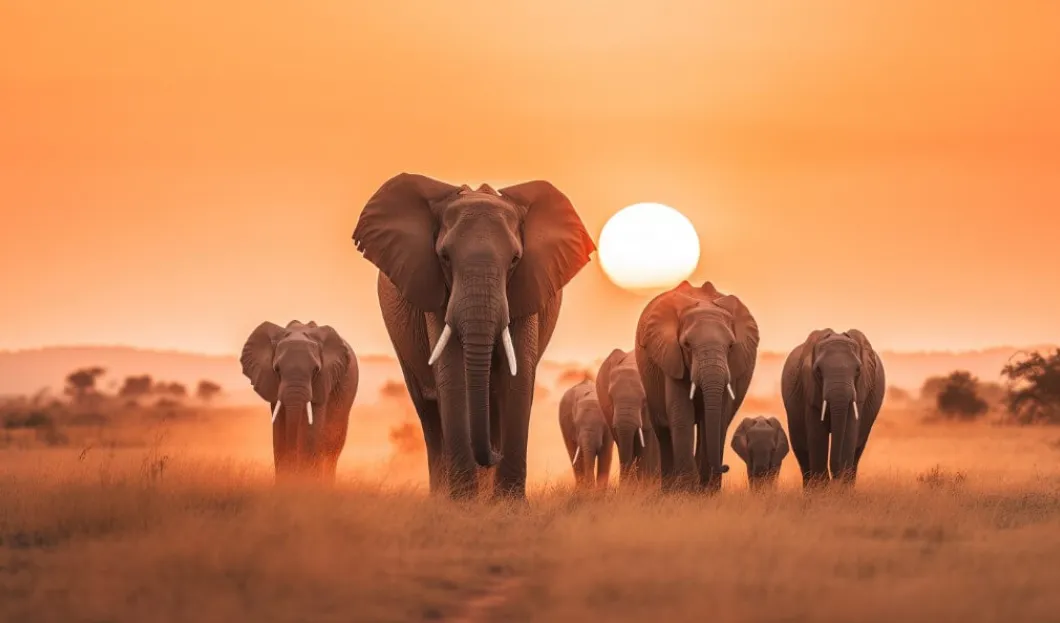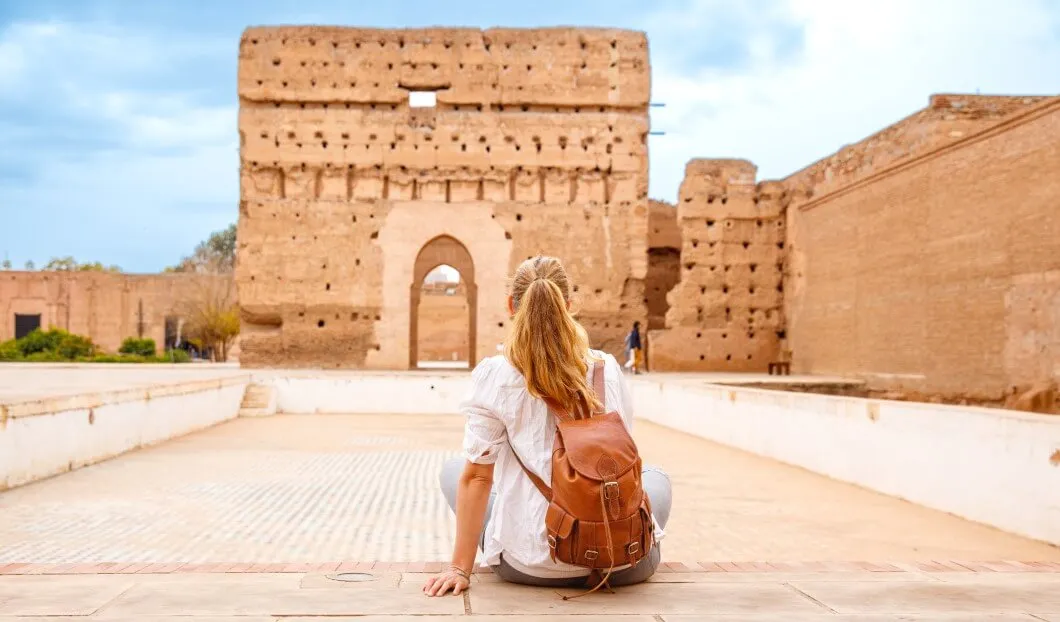
According to data from the World Bank, the number of visitors to Africa grew from 25 million in 1995 to over 75 million in 2019. Although these numbers are still relatively low compared to other tourist hotspots, the growth is undeniable and likely to continue.
Despite the pandemic challenges, tourism in Africa has increased significantly in recent decades. However, this tourism growth comes with its own set of challenges and questions. Currently, tourism in Africa is concentrated mainly in the northern part of the continent. Egypt alone generated $14 billion in tourism revenue before the pandemic, accounting for 41% of all Black Africa's tourism revenue, totaling $34 billion. South Africa, on the other hand, leads tourism revenue with approximately $9 billion. Unfortunately, many countries have yet to recover from the sharp decrease in visitor numbers caused by the pandemic. Additionally, economic and political crises have worsened the situation in countries like Sudan, which is currently at war. In addition, Burkina Faso, where a significant part of the territory, faces a jihadist insurgency.
Lack of international tourism
Some countries, such as Morocco and Egypt, are fully committed to tourism sectors. The ministers in charge of tourism are excited about the return of tourists after the pandemic and have projected a goal of attracting between 17.5 and 18 million visitors. Egypt, currently facing a severe economic crisis, needs to bring in dollars to prevent the decline of its local currency. It also needs to pay off its debts, which are also in dollars. The top five countries of origin for tourists in Morocco and Egypt are the United States, the United Kingdom, Germany, Italy, and Spain.
In South Africa, visitors from African countries such as Zimbabwe, Mozambique, and Lesotho represent the majority of tourists, while visitors from China and India are increasing. However, this trend needs to be reflected at the continental level.

Three challenges keep international tourism in Africa stuck:
- The lack of infrastructure.
- The low purchasing power of the population.
- A visa policy is laxer with Europeans than within Africa.
According to experts, only 18% of the tourism market share in Africa is held by Africans across Africa. This is due to the lack of regional, national, or international companies that offer specific routes within the continent, forcing travelers to make multiple stopovers and resulting in longer and more expensive journeys. Consequently, flying from Dakar (Senegal) to Paris or Barcelona is often more affordable than flying from Dakar to Lagos (Nigeria).
Monocultures and geopolitics
Although North Africa and South Africa have the highest overall tourist numbers, the weight of tourism is more significant in the smaller countries and islands of the continent. Seychelles sees tourism make up 37% of its GDP, while Cape Verde has a figure of 24%. In these Atlantic islands, once a Portuguese colony, the number of visitors in 2019 (820,000 tourists, a quarter of them from the UK) outnumbered the country's total population, close to 600,000 inhabitants. However, in 2020, the pandemic caused a significant decrease in the industry, resulting in unusual data in some territories. For instance, in Gambia (where tourism makes up 20% of GDP), no tourists arrived in March of that year.
Zanzibar, located in Tanzania, heavily relies on tourism which accounts for 27% of its GDP. This industry is the primary source of employment for the youth on the island. The peak tourism season is summer, with most visitors from France and China.
Senegal relies heavily on tourism, which accounts for 10% of its GDP. However, recent political tensions between the government and the opposition have disrupted the country's image as a welcoming and hospitable destination. These tensions stem from the opposition's anti-colonialist stance towards France, which has led to clashes. Despite this, many of the major hotels in Dakar are still managed by French corporations, which raises concerns about how much tourism can create economic dependencies on foreign entities in many countries.









